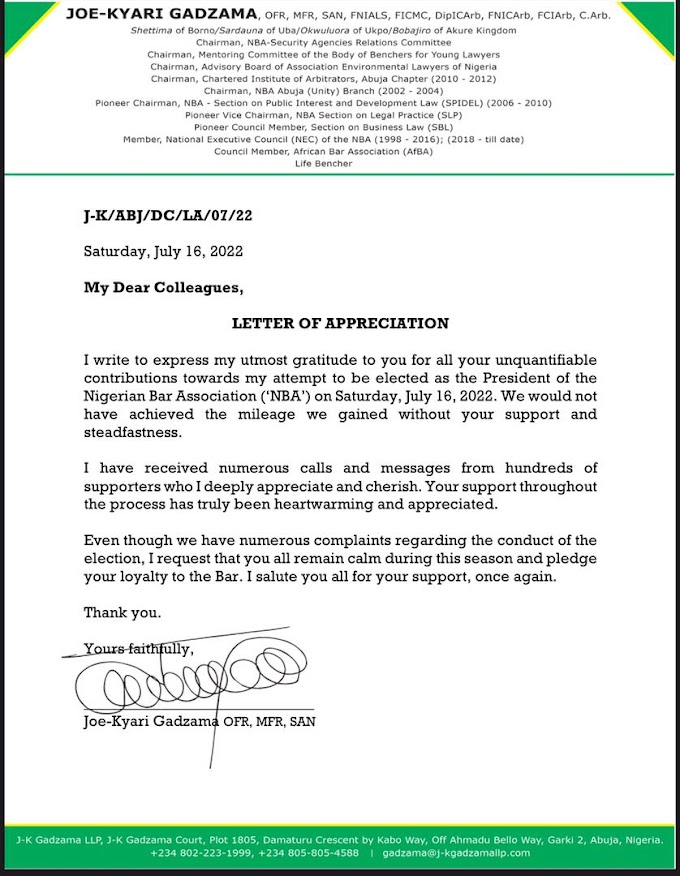Urinary retention is defined as an inability to empty the bladder. It can be caused by several circumstances, including urinary tract obstruction, nerve issues, drugs, and certain medical diseases.
There are two types of urine retention: acute and chronic. Acute urine retention happens unexpectedly and is frequently painful, necessitating quick medical intervention. Chronic urine retention, on the other hand, occurs gradually and may not be as painful.
Urinary retention symptoms include a frequent urge to urinate, difficulties commencing urination, a weak urine stream, dribbling after urination, and the sensation that the bladder is not completely emptied. In more severe situations, urine retention can result in consequences such as urinary tract infections, kidney damage, or bladder damage.
Treatment for urine retention may include addressing the underlying cause, such as eliminating a urinary tract obstruction or modifying medications. Catheterization may be required to empty the bladder in severe situations. In some cases, surgery may be required to address the condition causing urine retention.
Individuals having symptoms of urinary retention must seek medical attention and therapy to avoid problems and enhance their quality of life.
Dr. Yeibake Weriwoyingipre Silver
Senior Registrar,
Faculty Of Pediatrics, WACP.
.jpeg)






0 Comments